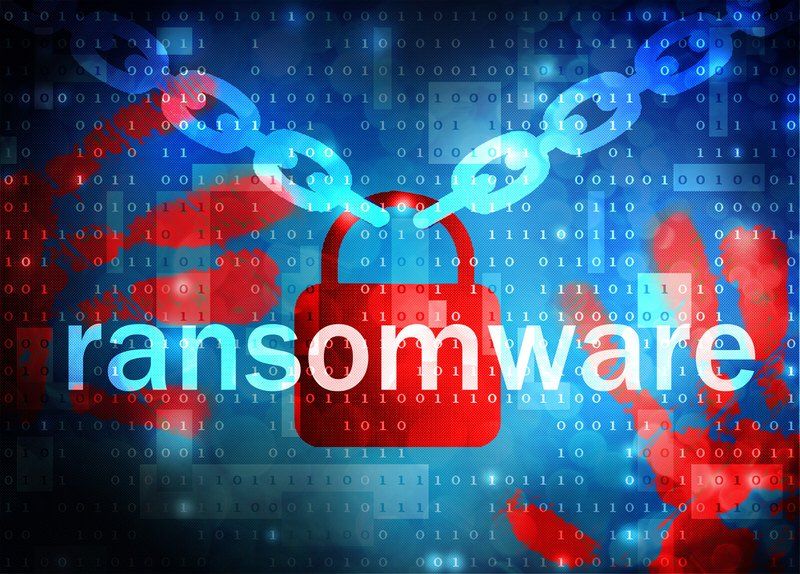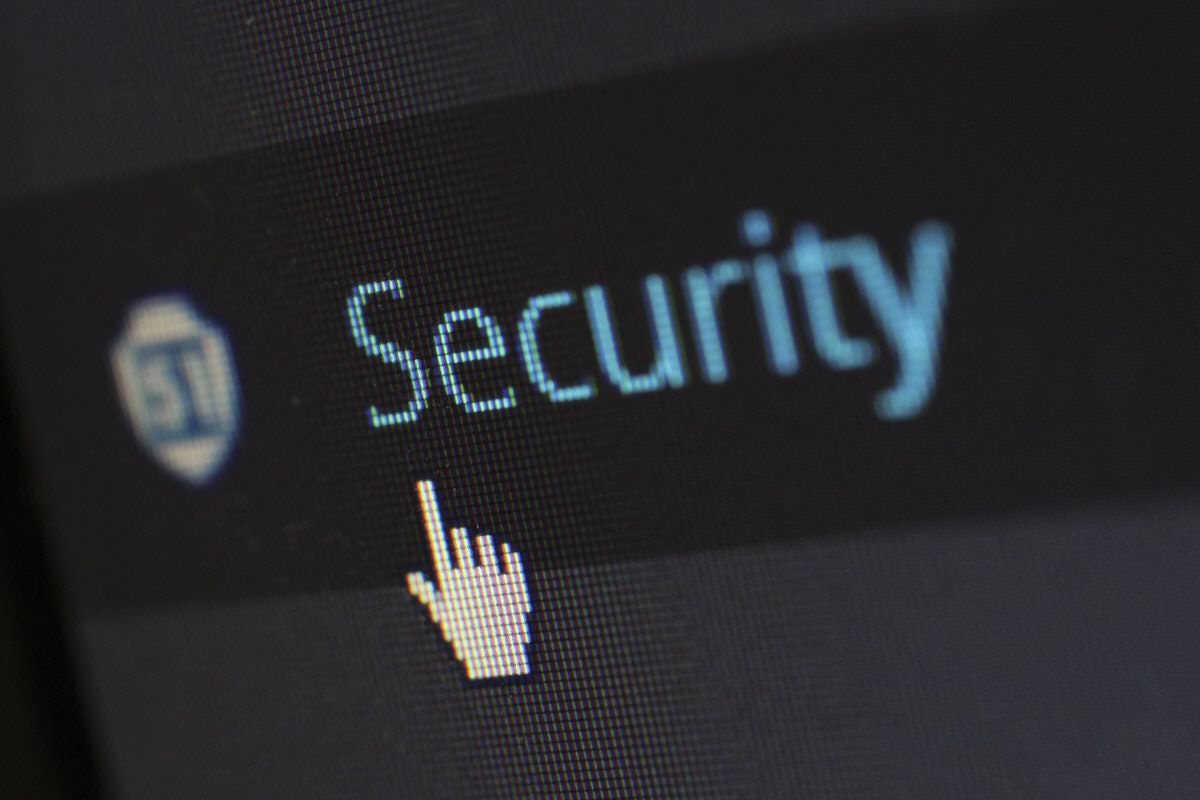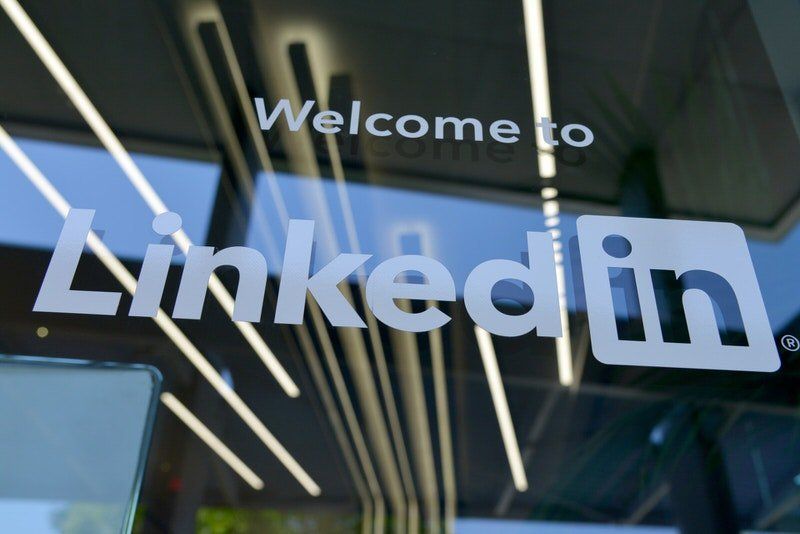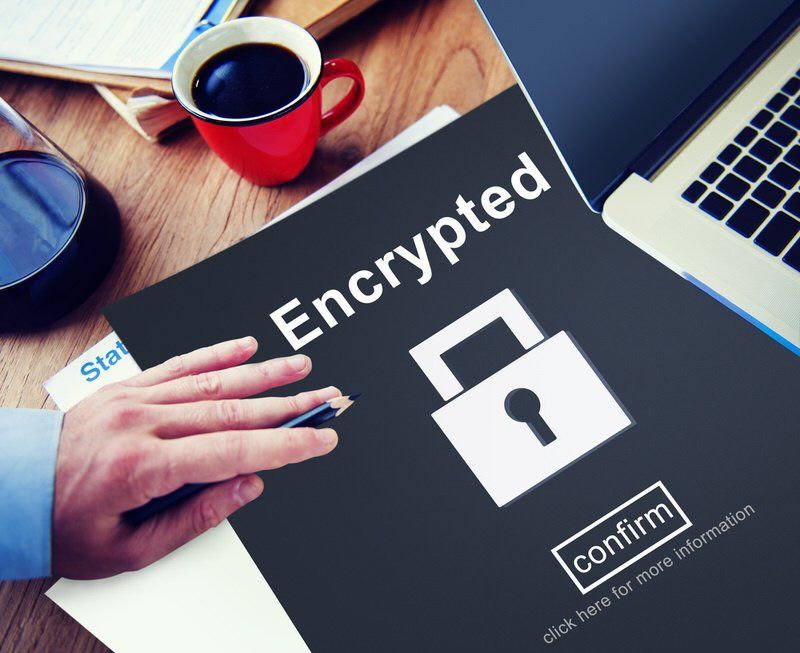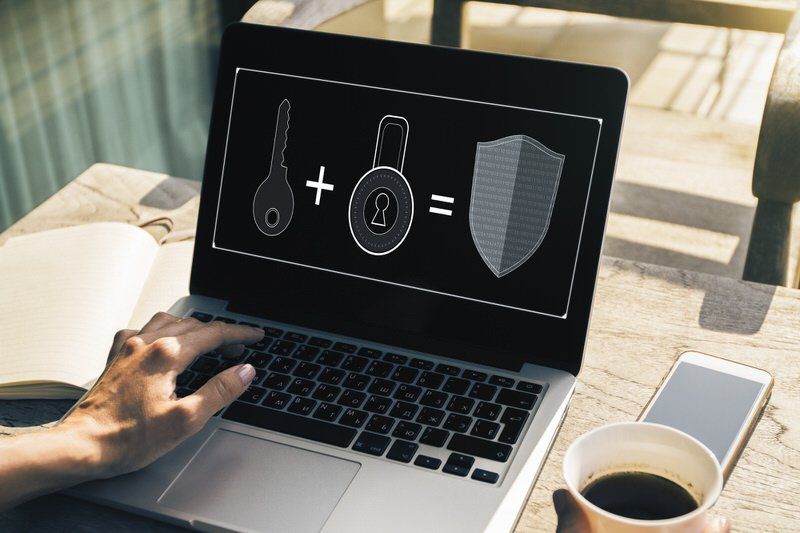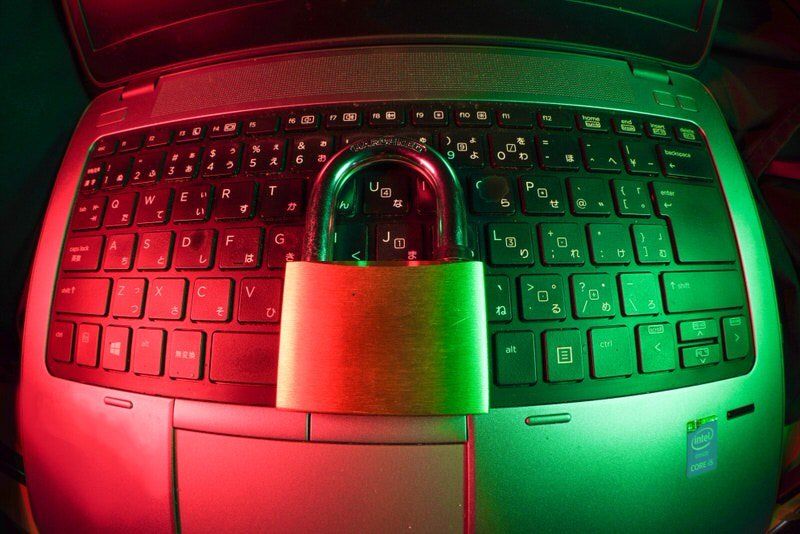Summary
Small businesses are particularly vulnerable to ransomware which has been on the rise since employees started working from home. They are often targeted because they lack the resources and expertise to implement proper security measures.
In addition, small businesses' ransomware is a silent risk because the media mostly reports stories of attacks on big companies. However,
60% of small businesses
go out of business within 6 months after experiencing a cyber attack. The good news is that there are actionable steps to protect your small business that are robust and affordable.
You will learn
What is ransomware?
Ransomware — malware that infects computers (and mobile devices) and restricts their access to files, often threatening permanent data destruction unless a ransom is paid. Source:
Global Ransomware Damage Costs Predicted To Reach $20 Billion (USD) By 2021
Today's cyber criminals don't limit themselves to targeting corporate brand names: they go after additional targets wherever they can find them. That means other companies might be or have been your clients. A cyber attack on these companies could consequently result in you becoming the target of a data breach, too, and you will have to deal with the negative consequences this entails for your business and your reputation as an accountant or financial advisor.
“This form of cybercrime is popular in part because it is relatively easy to execute: The most common tactics involve using software to get around security holes, or tricking users into downloading malware by pretending to be a source they trust. (This is known as a phishing scam.)” Source:
What’s Driving the Surge in Ransomware Attacks?
Why is ransomware on the rise?
“Ransomware attacks have gotten incredibly easy to execute, and payment methods are now much more friendly to criminals. Meanwhile, businesses are growing increasingly reliant on digital infrastructure and more willing to pay ransoms, thereby increasing the incentive to break in.” Source:
What’s Driving the Surge in Ransomware Attacks?
Remote workers will be the focus of cyber criminals through 2021. Source:
7 Cybersecurity Predictions for 2021.
Does ransomware affect small service businesses?
It was estimated that every 40 seconds a business falls victim to a ransomware attack, in a December 2016 security bulletin posted by the cybersecurity firm Kaspersky Lab, which stated that the number of attacks rose from every two minutes in early 2016.
“Financial services organizations and other firms that are responsible for the security of consumer financial data must remain vigilant in their cybersecurity efforts throughout 2021. The high value of financial data, including Social Security numbers, banking details, and more, makes it a lucrative target for cybercriminals.”
source
According to the
Cisco 2017 Annual Cybersecurity Report, for example, ransomware is growing at a yearly rate of 350%.
Why Small Businesses Are At More Risk of Ransomware Than They Realize
Information security is a major concern for all sizes of organizations, but types of organizations are at a higher risk. Small Businesses (SMBs) generally have less access to resources than larger organizations do, which can make them more vulnerable to risks such as ransomware.
Smaller businesses typically don't have security staff or even round-the-clock IT support, so they can be more vulnerable to ransomware attacks than larger businesses. Larger organizations typically have the resources available to purchase robust backup data protection solutions and maintain an incident response plan.
The type of data that small businesses may need to protect could also make them more vulnerable to ransomware attacks. For example, small construction businesses could be at risk by targeted malware attacks during a hurricane or other natural disaster.
Smaller organizations may be the most attractive targets for cybercriminals because they can typically be hit with a ransomware demand for less than $10,000. If the ransomware is not particularly sophisticated, SMBs may decide to pay up and move on.
Ransomware attacks on small businesses are becoming more prevalent as criminals realize the potential for these organizations to pay up quickly and easily. Therefore, it's imperative that these organizations take steps such as keeping their software updated, testing their backups, and investing in anti-malware solutions.
By doing so, they can successfully protect themselves against potential ransomware attacks. They are not invincible to these types of threats just because they are smaller companies.
Reasons Why Small Businesses Are At More Risk Of Ransomware
1. Backups are rarely done by small firms, making ransomware assaults simple
It's critical to have a backup because ransomware prevents you from seeing your data. This is why the majority of large firms tend to have backups. However, this practice isn't very common among small businesses, which could make them an easy target for ransomware developers.
2. Ransomware solutions are not within the budgets of many small businesses
Small businesses are often hesitant to invest in ransomware prevention solutions because they believe it's expensive. However, that is no longer the case. With the right provider, you can get affordable solutions that come with effective training and software.
3. Small company owners are not concerned about protecting their business
Small business owners are frequently frustrated by the amount of work and knowledge required to protect their companies. They also believe that the expenses involved are too high. This is the reason why they believe that hiring a specialist in cybersecurity can be unnecessary. However, they are making a huge mistake because cybercriminals are becoming more determined every day. It's really important to protect yourself and your business against potential threats.
4. Many small businesses use a computer for both personal and business use
Using the same computer for work and personal use is also a significant risk because you might lose your data or become a victim of ransomware. For example, if an employee's personal laptop is used for business and shared with their child, the kid may visit a website or download an app that exposes your business to a data breach.
5. Small business owners think that they don't have valuable information to steal from them
Types of data that hackers try to steal include financial information, login details to take over your account and personal information like social security numbers, date of birth, credit card numbers and phone numbers that they can sell to identity thieves.
A lot of small businesses do not understand the importance of protecting their valuable information because they believe that they don't have anything important for hackers, but this is a big mistake. All types of companies need to protect themselves against cyber attacks. If you have sensitive company data then you should be prepared to face the risk of being attacked by hackers.
Digital security is hard enough, but it's even more difficult for SMBs because they have limited resources and a small IT department. As a result, these organizations put themselves at a greater risk for ransomware attacks.
6. Small businesses are only informed about big companies that get hacked.
They are unaware of the smaller businesses that get attacked, so they do not recognize the danger. They also do not know that smaller organizations are becoming more common targets for hackers. It's necessary to educate yourself and other individuals about these types of security issues as soon as possible if you want to protect your company data from cybercriminals.
If you want to keep your business safe and avoid potential cyber problems, then it is recommended to hire a professional cybersecurity company. They will be able to provide you with the necessary information and solutions that will help you protect your business against potential threats.
7. Small businesses don’t know how to protect themselves from cybersecurity risks
It is unfortunate, but small companies lack the knowledge of how to proactively protect themselves against potential cyber-attacks. The majority of them don't know anything about the most popular types of cyber threats (ransomware, malware etc.), they don't know how to protect themselves and what steps they should take if their company gets hacked.
Five Ways Small Businesses Can Avoid Ransomware
- Install anti-malware on your computer - If your small business computer is not running security software, it's at risk of ransomware attacks. Consider investing in antivirus or other anti-malware protection—preferably enterprise-grade solutions.
- Keep your operating system and software up-to-date with the latest patches. - Make sure that you are installing any Windows updates as soon as they are available. Hackers often use known vulnerabilities to exploit computers; if your computer is up-to-date, it's less likely to be affected by them.
- Know what external devices you use with your system - If you use external storage like USB sticks or external hard drives with the system, be careful about connecting them to an unsecured network where they might be vulnerable to cyberattack.
- Be aware of email scams - If you're an owner of a small business, your employees may be more open to opening attachments from unknown senders. Be sure everyone knows not to open anything from an unfamiliar sender or with an unusual request. “91 percent of cyberattacks begin with spear-phishing email, which are commonly used to infect organizations with ransomware.” source
- Back up your
computer
regularly - In the event that you do become infected with ransomware, having a backup can help you restore your files to keep your business up and running.
Final Thoughts
The truth is that it isn't hard to fall victim to ransomware. All you need are a few clicks, and the malware can be downloaded onto your system without even realizing what's happening. While some organizations might be more vulnerable to attack than others, small business owners should consider themselves targets just like everyone else. By protecting themselves with proper backup and security solutions, they can minimize the risk of losing their data if they are hit by ransomware.
One of the most important things to do is have a regular backup process in place that can be used if malware does infect your system. You don't want to lose everything you've built because of one mistake, so be sure to have an alternative system in place. More importantly, have a professional scan your system for vulnerability regularly.



